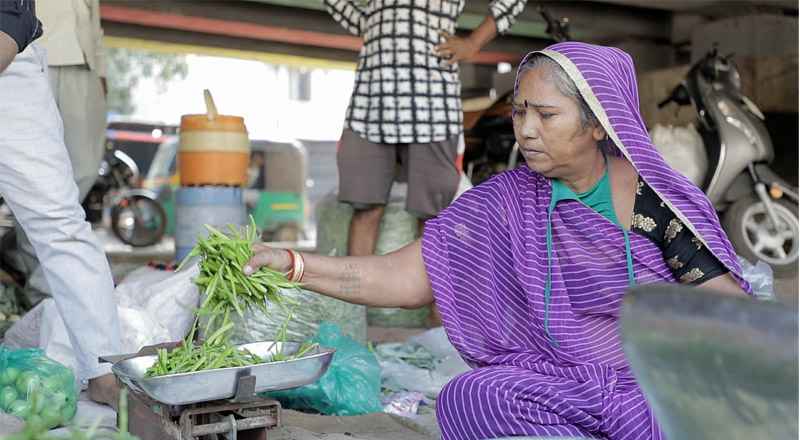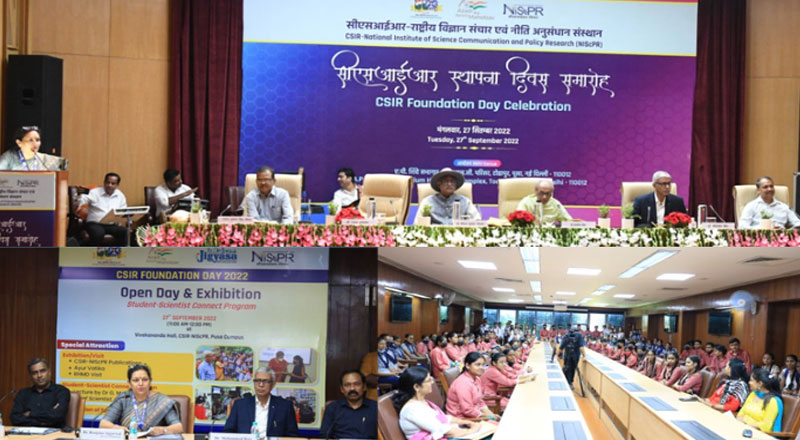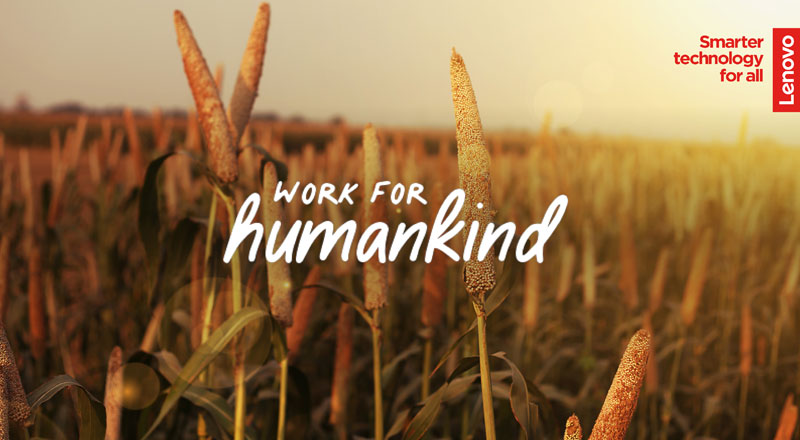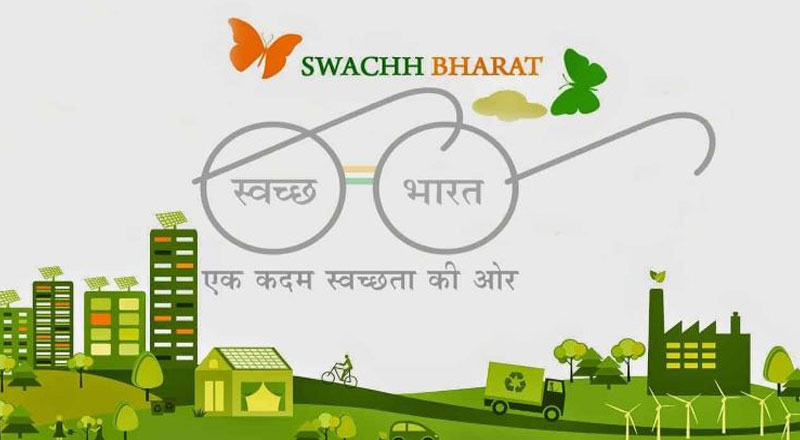Babiben Hirabhai Solanki has been a vegetable vendor in Mumbai since she was 12 years old. India’s initial COVID-19 lockdown caught her by surprise and halted her daily business of selling vegetables. With no income, Babiben felt desperate to get back to work so she could feed her family. But it wasn’t easy. The interest on her credit, which she used to buy vegetables in bulk, was mounting and she needed a loan to restart her business. More than 10 million daily workers in India who needed to restart their daily earnings experienced similar challenges.
When the pandemic began, our foundation and its partners quickly organized to support people like Babiben in the workforce. We began offering liquidity to help small businesses and microentrepreneurs ride out the crisis, but we knew we couldn’t do it alone. In collaboration with a coalition of funders, we launched the Road to Recovery initiative to stabilize small businesses, microentrepreneurs and gig workers. With an initial commitment of $2.73 million (₹20 crore), and adding on another $10 million (₹73 crore) as we progressed, we were able to unlock $78.6 million (₹573 crore) in sustenance and liquidity capital, with a combined reach of about five million gig workers and microentrepreneurs across India.
Almost a year after the pandemic took hold of our lives and forced everything to a standstill, we are slowly but surely embarking on a phase of rebuilding. As 2020 came to a close, the resilience and tenacity of the private and social sector organizations supporting small enterprises and the gig workforce provided us with valuable lessons for the continued road to recovery.
Lessons From the Pandemic
As we step into 2021 with renewed hope, here are three key learnings that will help light our way in the year ahead:
- Speed: The ability to pivot and respond with speed is critical for providing meaningful relief. When the crisis hit, it was imperative to understand that no one size fits all. We needed to provide sustenance and liquidity swiftly and at scale to enable people to get back to work as soon as possible, and thereby help the economy recover.
- Sustainability: Designing sustainable structures of funding and managing liquidity is another important lesson learned. The impact of this pandemic on the sector will not be limited to the immediate period but will take time to reshape and rebuild for the future.
- Collaboration: I cannot understate the importance of partnerships when organizing such a large-scale relief effort. We witnessed the sheer power of collaboration, as the private and social sectors rallied together to support gig workers and microentrepreneurs. Navigating the crisis and life afterward involved creating blended solutions cutting across nonprofits, governments, and the private sector. It is this spirit of collective effort that can, in the months and years ahead, enable the informal and microenterprises to emerge even stronger and more robust than before.
The Sheer Power of Collaboration
At the heart of the collective pandemic relief effort were two critical questions: How do we maximise and scale this collaboration to provide quick access to credit for millions of microentrepreneurs; and, who shares that mission?
In finding the right collaborators for the work, we looked at the ecosystem of our partners supporting and catalysing technology-led innovations to spur financial inclusion. We also looked at some external organizations spearheading the same work. Together, this diverse consortium of funders helped to unlock and channel philanthropic capital in a variety of formats towards providing sustenance and liquidity to microentrepreneurs, small businesses, and gig workers — particularly those who would be ineligible for government relief and bank loans.
We also collaborated with Samhita-Collective Good Foundation, the US Agency for International Development, and Omidyar Network to launch REVIVE. With a special focus on women and youth, the fund grew three-fold from an initial commitment of $2.5 million (₹18 crore) to $6.85 million (₹50 crore) and is expected to impact more than 100,000 MSMEs as well as previously employed and self-employed workers.
Here are a few highlights from our work together with other partners:
- Arth Impact, Avana Capital, Avanti Finance, Caspian, Kinara Capital, Shubh Loans, and Viviriti are making $28.5 million in funds available (mixture of equity, loans and loan guarantees) to more than 120,000 MSMEs across India.
- Give India, the country’s largest donor platform, served more than four million gig workers, migrants, and microentrepreneurs, with a fund size exceeding $35 million (₹250 crore). More about Give India’s partners:
- Haqdarshak, is working to get people access to government benefits
- Ashirvad enabled direct cash transfers to plumbers who have lost incomes
- Aajevika and Action Aid enabled direct cash transfers to migrants in their hometowns outside of the metros
The Path Forward
These numbers represent millions of deeply impactful, powerful, and personal stories of resilience in the face of extreme adversity. We cannot reflect on 2020 without expressing gratitude for the relentless efforts of all our partners, and without saluting the spirit of the individuals we serve. They never give up, and always aspire for a brighter future. We are with them each step of the way.
One thing is clear: small enterprises and workers in the informal sector have demonstrated incredible resilience in the wake of this crisis. With solutions in place to ease the immediate concerns of liquidity and working capital, it is now time to move towards building a framework for sustainable growth for India’s microenterprises. Designing these sustainable structures will shield the sector from future shocks. This will require critical interventions in the value chain, not only in ensuring access to low-cost credit, but also investing in capacity-building, upskilling, and livelihood rehabilitation.





